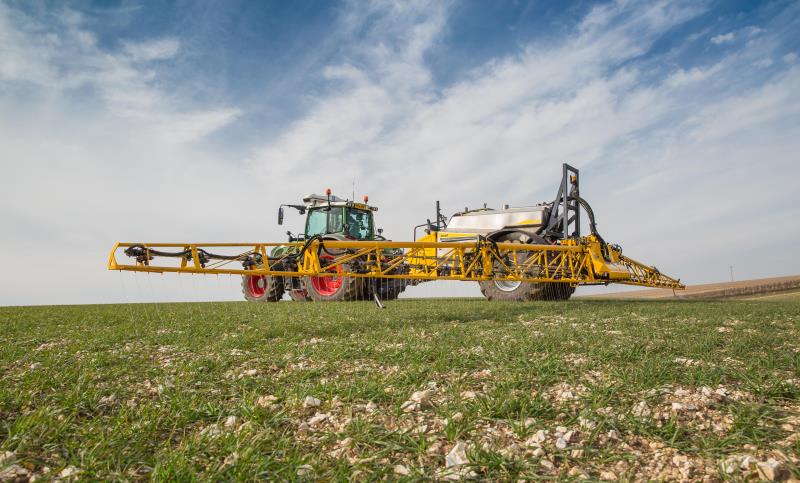You may recall that in previous editions of Farming Wales I have raised my concerns about the availability and increasing costs of pesticides, important tools in the armoury of both arable and grassland farmers.
Now to assess and confirm the imported product was identical, the UK regulator gathered appropriate data from the European Union (EU) source country regulator, or the product manufacturer. This exchange of data was an EU function, under the pillar of ‘free circulation of goods within the internal market’.
Having left the EU, this function is no longer accessible to the UK and the parallel importing of pesticides will end. Another negative implication of us leaving the single market.
The Health and Safety Executive (HSE) has withdrawn parallel trade permits in Great Britain and set a final date for sale of parallel products of 30 June 2023 and a final use date of 30 June 2024.
What does this mean for farmers?
We expect to see a loss of choice of plant protection products available on the market.
For the parallel trade process to work, there must be a competitive opportunity in the marketplace – to buy the product at a lower price in the source country, and to sell it in the importing country at a price that is lower than the identical branded reference product. So parallel products created a price floor in the marketplace. Without them, there is a risk the price of plant protection products will increase.
These products have also been used to bridge gaps in supply when the identical branded products have had availability issues. Without parallel products, we might also see some shortages in supply.
